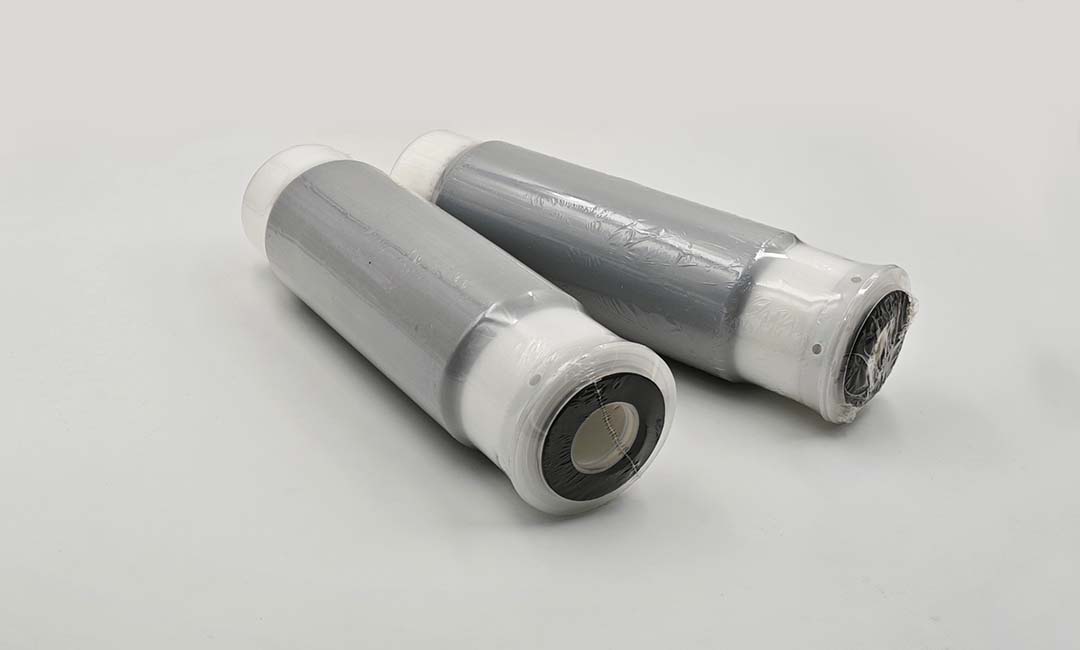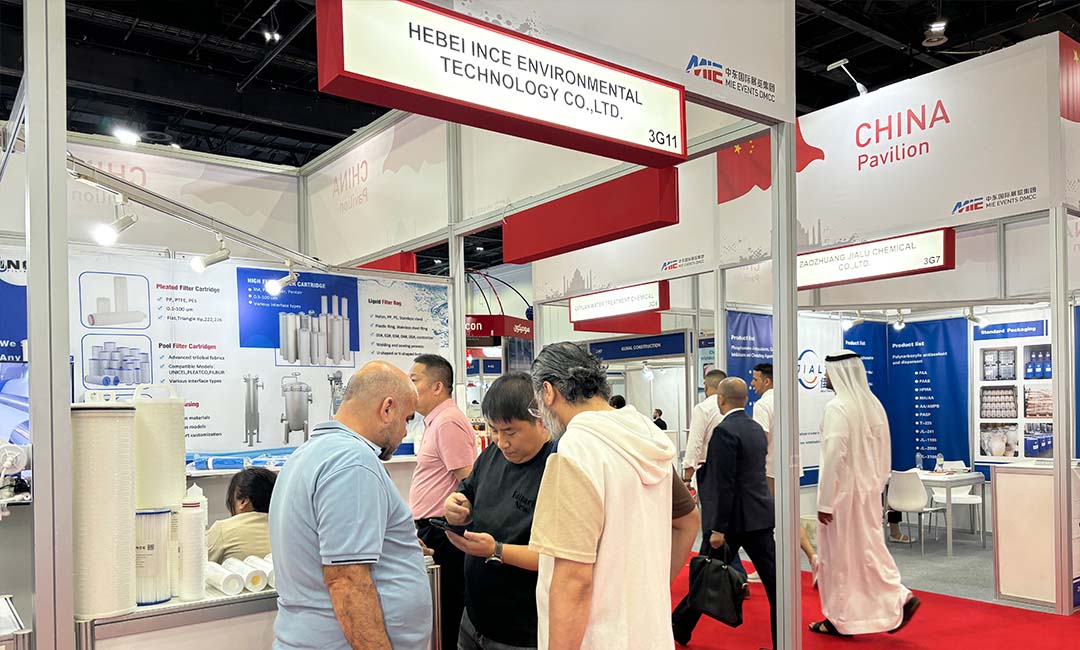# The Science Behind Granular Activated Carbon Filters for Water Purification
Granular Activated Carbon (GAC) is a widely used material in water purification systems. Its unique structure and properties make it highly effective at removing contaminants from water. GAC is produced by heating carbon-rich materials, such as coconut shells or coal, in the absence of oxygen, creating a porous surface area that facilitates adsorption.
This process results in millions of tiny pores within each granule, allowing GAC to trap various impurities, including chlorine, volatile organic compounds (VOCs), and even some heavy metals. With its high surface area, GAC can significantly reduce unpleasant tastes and odors, making it an ideal choice for residential and commercial water filtration systems.

One of the primary benefits of using Granular Activated Carbon filters is their effectiveness in enhancing water quality. These filters have been proven to remove a wide range of pollutants, providing cleaner and safer drinking water for households and businesses.
Another advantage is the cost-effectiveness of GAC filters. Compared to other filtration methods, such as reverse osmosis or distillation, GAC filters are often more affordable and easier to maintain. This makes them a popular choice for those looking to improve their water quality without breaking the bank.

When selecting a Granular Activated Carbon filter, it’s essential to consider factors such as flow rate, filter size, and the specific contaminants you wish to remove. Different GAC filters are designed to target different types of impurities, so understanding your water quality is crucial.
Additionally, ensure that the filter you select has been tested and certified by recognized organizations. Certifications provide assurance that the filter meets certain safety and performance standards, giving you peace of mind about the product’s effectiveness in purifying your water.
To ensure that your Granular Activated Carbon filter operates effectively, regular maintenance is vital. This includes replacing the filter media as recommended by the manufacturer, typically every 6 to 12 months, depending on usage and water quality.
Proper care will not only extend the life of your filter but also enhance its performance in removing contaminants. Additionally, periodic water testing can help you monitor the efficiency of your filtration system and determine the best time for replacement.
Pre: AP117 Replacement Filters: Extending the Life of Your Filtration System
Next: Why Aqua Pure Filtration Systems Are Trusted for Water Purification

MACROKUN has established long-term and stable cooperative relations with many transportation companies such as China Post, DHL, FEDEX, USPS, UPS, etc. Of course, MACROKUN can also provide air and sea transportation. The powerful logistics system enables all MACROKUN'S Printing Mesh, Filter Mesh and Filter Bags and so on to be easily and efficiently transported to any place. For quotes and inquiries, please email our sales team.





